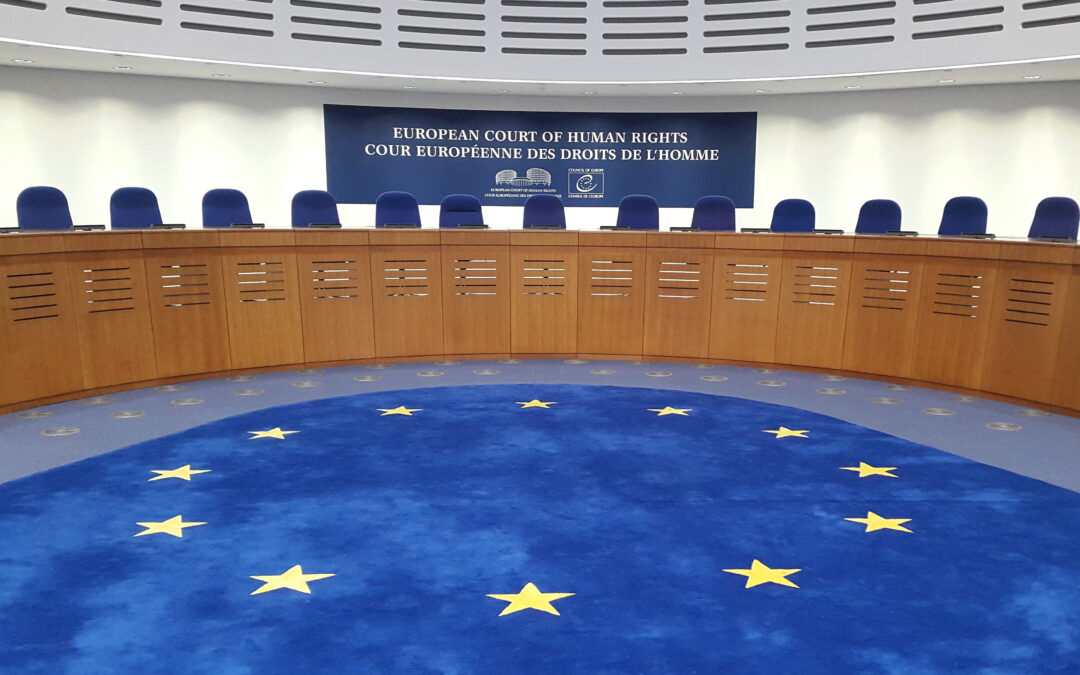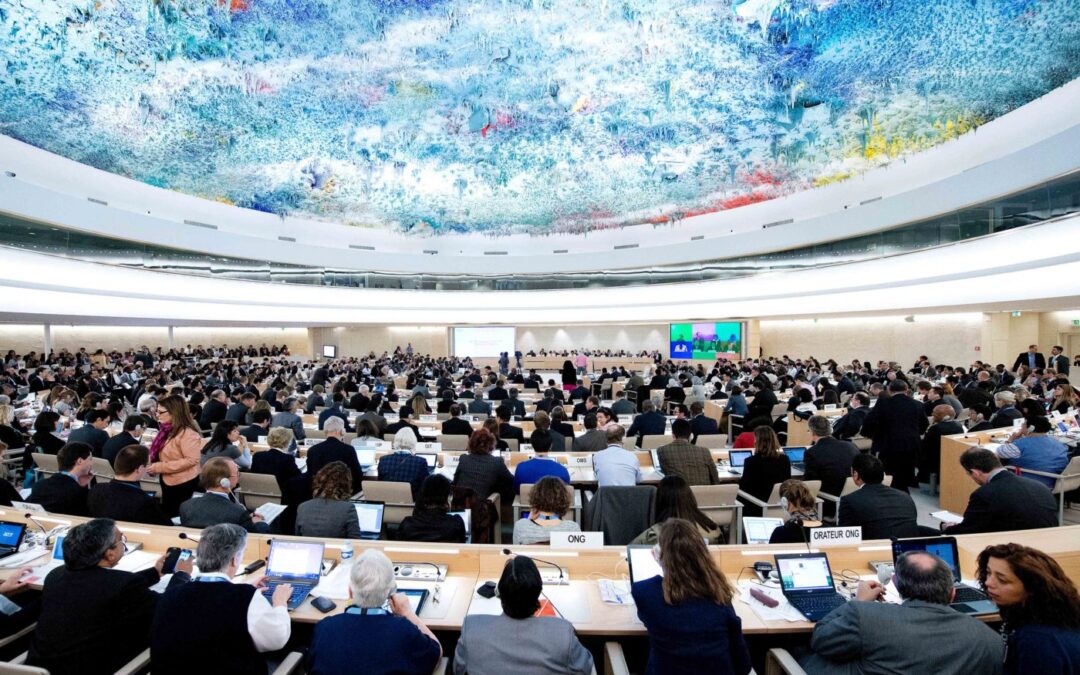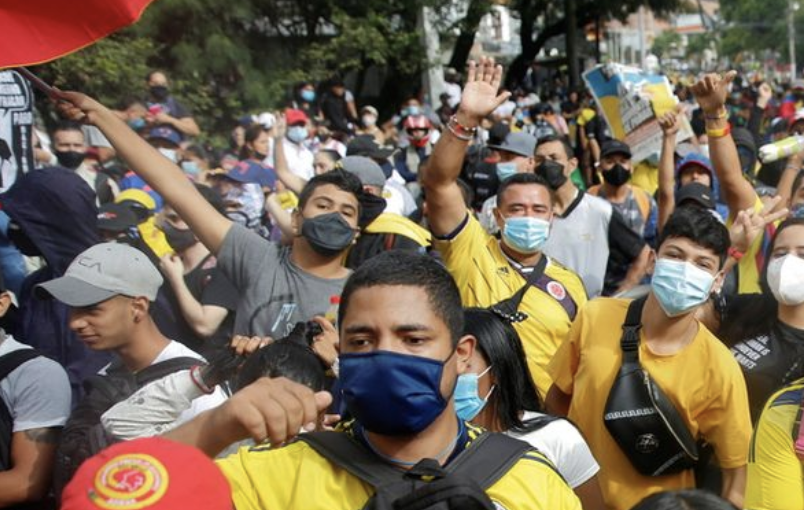
Jun 23, 2021 | Advocacy, Non-legal submissions
The ICJ joined over 300 civil society organisations in a statement to the UN Human Rights Council to express deep concern about the situation of human rights in Colombia during the presentation of the annual report of the UN High Commissioner for Human Rights.
The statement reads as follows:
“Thank you Madam President,
On behalf of the undersigned organisations, we thank the High Commissioner for her annual report, particularly on activities undertaken in Colombia. The situation in the country confirms the need for continued monitoring and provision of technical assistance by her Office
Throughout the eight weeks of mass protests that have spread to different cities throughout the country, we’ve seen killings, excessive use of force, acts amounting to torture and other ill-treatment, enforced disappearances, sexual violence, arbitrary detentions and attacks, including cyber-attacks against those exercising their right to protest, all of which constitute flagrant human rights violations. These violations are taking place in spite of a Supreme Court ruling ordering the security forces to refrain from acting violently and arbitrarily in a systemic manner during demonstrations, and calls by human rights mechanisms to cease these violations.
The protests are rooted in structural demands linked to the respect for human rights, and other concerns including poverty, inequality, growing social injustices, impunity, systemic racism and systematic violence against human rights defenders -including social, campesino, trade union and indigenous leaders and the press. They are also a result of the continued failure to fully implement the 2016 Peace Accord.
We urge the Council to call on Colombia to cease the use of violence and to respect the right to peaceful protest; to independently investigate human rights violations committed in this context; to accept the visit of the Special Procedures; and facilitate the building of social consensus around structural demands.
Finally, we ask the High Commissioner, through her Office in Colombia, to prepare a report on the human rights violations committed during the protests.
Thank you Madam President.”
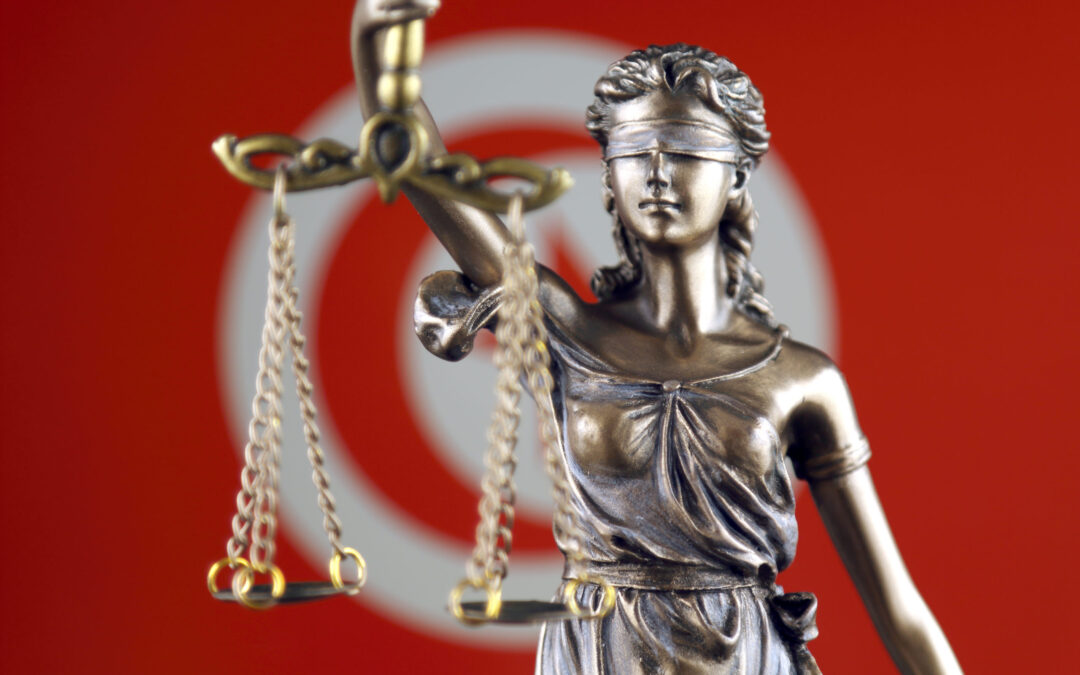
Jun 20, 2021 | News
On 19-20 June, the ICJ, in partnership with the Tunisian Association of Judges (AMT), organised a workshop on ‘Legal reasoning and judgment drafting in the cases before the Specialized Criminal Chambers (SCC)’ in Tunis, Tunisia.
Twenty-five SCC judges and prosecutors from across the country participated in the two-day workshop.
Said Benarbia, ICJ’s Middle East and North Africa Programme Director; Anas Hmedi, AMT’s President; and Martine Comte and Philippe Texier, ICJ Commissioners, were the main speakers.
On the first day, speakers and participants focused on legal reasoning and interpretation challenges before the SCC.
ICJ Commissioner Philippe Texier spoke about the principles of legality and non-retroactivity, res judicata and the non-applicability of statutes of limitations, which are all recognised under Tunisian law.
Texier underlined that, when properly understood and applied, both the principle of non-retroactivity of the criminal law and the non-applicability of statutes of limitations would not necessarily be a bar to the prosecution of crimes and gross human rights violations within the jurisdiction of the SCC, since international law, including customary international law, already proscribed them at the time of their commission.
Said Benarbia stressed the importance of applying international law and standards, especially with regard to international crimes that Tunisian domestic penal law does not proscribe yet, such as the crime under international law of enforced disappearance. With respect to the hierarchy of norms, he underscored that the Tunisian Constitution clearly recognises that international law and treaties are superior to national law.
As a result, SCC judges are required to have regard to and apply relevant international law and treaties ratified by Tunisia in adjudicating the cases before them. Judges have the power and the responsibility to interpret Tunisian law in light of international law, including, whenever necessary, by filling certain gaps in domestic legislation.
ICJ Commissioner Martine Comte then spoke about the attribution of individual criminal responsibility and modes of liability, procedural guarantees and the rights of victims and the accused, as well as reparations and guarantees of non-repetition. She emphasised that, under the 2013 Tunisian law on Transitional Justice, guarantees of non-repetition are a constitutive and fundamental element of the transitional justice process.
Comte also explained that the doctrine of command responsibility is a well-recognised general principle of international law, established and applied in many jurisdictions, and therefore to be applied, as relevant, in cases before the SCC.
Comte underlined the importance of enforcing and monitoring the respect of procedural guarantees and the rights of both the victims and the accused, including the right to the presumption of innocence, the principle of equality of arms and the right to adversarial proceedings.
She added that the first reparation of all is the establishment of the truth and of the facts of each case, which, in turn, aims to restore the dignity of victims and their families by recognizing the harm they suffered.
Finally, Comte and the other speakers talked about conviction and sentencing and the challenges faced by SCC judges when the sentence is not defined in nor international law nor Tunisian law.
On the second day, expert speakers and participants discussed judgment drafting in cases before the SCC. They discussed how SCC judges, while addressing the challenges related to the complexity of the cases at hand, can ensure organized, clear, and effective judgment drafting, including through the establishment of a coherent judgment outline; and by providing a clear analysis of factual issues and how they should be resolved.
Texier stressed that the SCC are not exceptional in their nature: they are composed of ordinary judges and have to adhere to the standards of fair trial. SCC judgments differ from ordinary judgments in that they carry a historic significance, by establishing a negated truth and contributing to the duty of remembrance, both of which are crucial elements of the transitional justice process.
Said Benarbia spoke of one of the main challenges facing the work of the SCC, namely, the voluntary absence of the accused who do not appear before court despite being summoned. Drawing on examples from other transitional justice contexts, he concluded that in this respect Tunisia is an exception, as the transitional justice process is typically accompanied by a political will that ensures the presence of the accused.
Benarbia also stressed the importance of the presence of the accused before the Court as one of the fundamental guarantees of the right to a fair trial.
Comte underscored the need to comply with the law regarding the admissibility of evidence (e.g., ensuring that a confession has not been obtained by torture or other cruel, inhuman or degrading treatment or by any other coercive means).
She then addressed the need for the judgment to provide a thorough analysis of the admissible evidence presented at trial on which the ultimate decision is rendered in light of the applicable law and stated that, under Tunisian law, the judges’ decision must be based on firm conviction, beyond any reasonable doubt.
Finally, Benarbia presented an outline for judges to rely upon when drafting the first SCC judgments, based on several judgments rendered by international tribunals. He underscored that such a structured and comprehensive outline would help judges in drafting coherent and exhaustive judgements.
Contact:
Said Benarbia, Director of the ICJ’s Middle East and North Africa programme, email: said.benarbia@icj.org phone number: +41 79 878 35 46
Asser Khattab, Research and Communications Officer at the ICJ’s Middle East and North Africa programme, email: Asser.khattab(a)icj.org
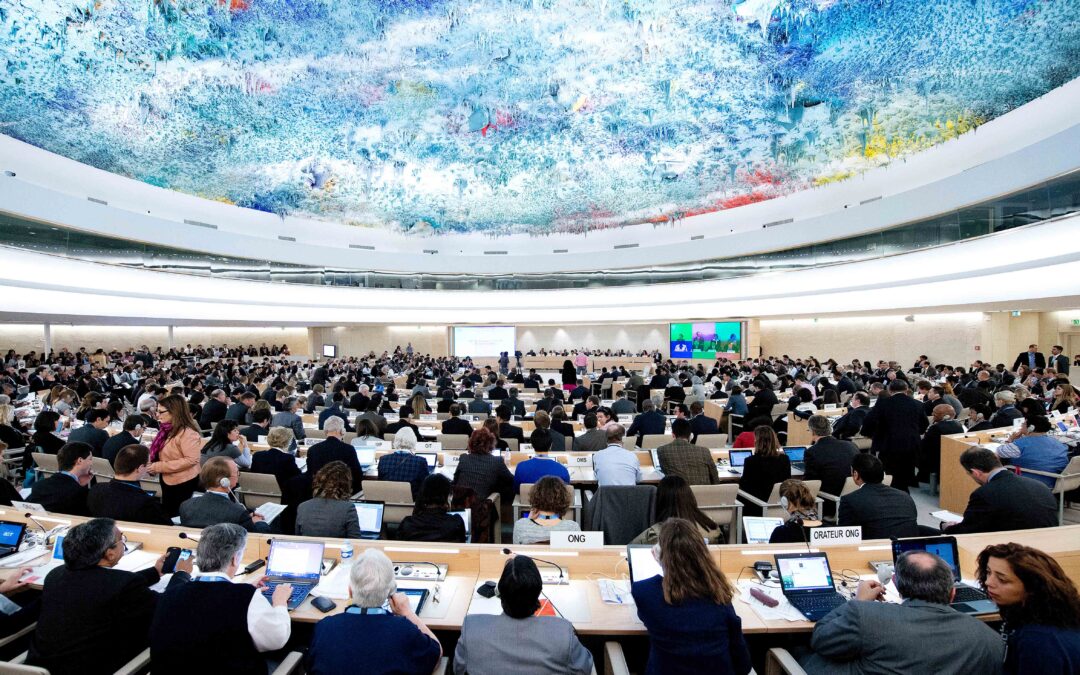
Jun 18, 2021 | Agendas, Events, News
On 22 June, the ICJ, Human Rights Watch, the Cairo Institute for Human Rights Studies, the Center for Reproductive Rights and the International Planned Parenthood Federation, with the co-sponsorship of the Kingdom of Spain, organize an online event on the 10th anniversary of the Council of Europe’s Convention on preventing and combating violence against women and domestic violence (Istanbul Convention).
This side event at the margin of the 47th regular session of the UN Human Rights Council has convened expert speakers to illustrate the situation of human rights protection to combat and prevent violence against women in Europe, how the Istanbul Convention has crucially contributed to this goal and the obstacles to its effective implementation.
Preventing and combating violence against women, as well as its causes and consequences, are a priority of the UN Human Rights Council. While UN standards are central to achieving this goal, regional standards have to date provided a key contribution in this field. The Council of Europe’s Istanbul Convention is the most far-reaching international treaty specifically designed to counter violence against women.
On 11 May 2021, the Istanbul Convention turned 10 years old. It is now time to take stock of the achievements that this Convention has contributed to as well as the challenges ahead, including countering the spread of misinformation about the Convention and ensuring states continue to champion its principles and standards.
Women and girls are still suffering the aftermaths of the COVID-19 crisis. The pandemic effects have shown a worrying increase on violence against women. The universalization of the Istanbul Convention is more important than ever because the pandemic has unveiled the “permanent shadow pandemic” that women and girls are suffering around the world.
When: Tuesday June 22nd, 13:00 – 14:00 CEST
Where: Zoom
Language: English
Panelists
- María Isabel Sanchís, Senior Advisor, Office of the Commissioner on Violence against Women of the Government of Spain
- Dubravka Šimonović, UN Special Rapporteur on violence against women, its causes and consequences
- Dame Silvia Cartwright, former Governor General of New Zealand, former CEDAW member, Commissioner of the International Commission of Jurists
- Professor Feride Acar, former chairwoman of CEDAW and GREVIO
- Hillary Margolis, Senior Researcher, Women’s Rights Division, Human Rights Watch
Moderator Massimo Frigo, UN Representative, ICJ
To confirm your participation and receive connection details, please RSVP to Massimo Frigo, email: Massimo.Frigo@icj.org .
Event-Invitation-Side Event-IstanbulConvention-UN-HRC47-final-2021-eng (download the event leaflet)

